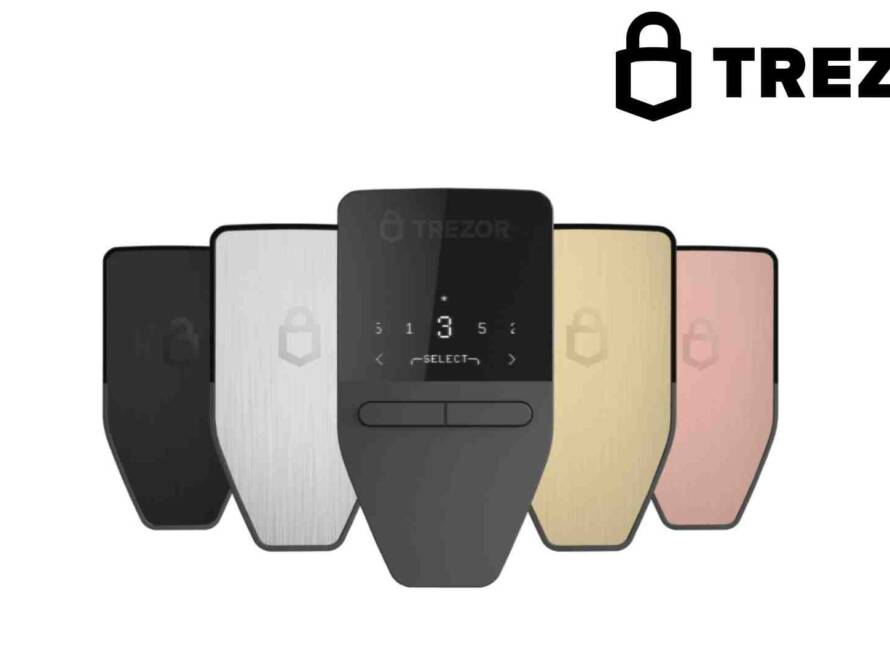$9.04 billion cryptocurrency was used for financial fraud schemes
2022 wasn’t only about crypto winter. It was also the year the ice-cold hands of crypto scammers plagued the industry.
A new report has revealed that there was a significant rise in the prevalence of fraud, scams, and theft in the previous year.
Report reveals that $7.8B was stolen through scams
New insight from blockchain intelligence firm, TRM labs, have revealed that a combined $7.8B was stolen by cryptocurrency pyramid and ponzi schemes in 2022.
While a total of $9.04B was sent to all types of financial fraud schemes, about 40% of the $7.8B was lost on the TRON blockchain through the chain’s stablecoin, USDT. In 2021, the figure was around 17%.
In the year under review, Bitcoin only accounted for 3% of all hacks. Ethereum accounted for 68%, and the Binance Smart Chain was responsible for 19%.
Of the $7.8B, $1.5B was spent in illegal transactions on the darknet. Vendors specializing in drugs and weapons had a big cash out. $3.7B was stolen through hacks and exploits. $2B was stolen on cross-chain bridges.
It was noticed that 92% of transactions relating terror financing happened on the TRON blockchain. Fundraising events amongst terrorist groups were denominated in USDT. This is up 240% compared to 2021.
Read more: Atomic Wallet still can’t explain what caused hack that led to $100M in losses
Investment fraud boomed
Researchers at TRM Labs noted that 10 of the largest crypto ponzi and pyramid schemes accounted for around 54% of the total amount.
“Investment fraud centers on the solicitation of funds for fraudulent investments or projects; these often involve fake initial coin offerings (ICOs), unregistered securities or fraudulent investment platforms. Investment fraud involving cryptocurrency rose by nearly 200% from USD 907 million in 2021 to USD 2.57 billion in 2022,” the researchers wrote.
Two prominent crypto ponzi schemes, Forsage and Trade Coin Club came under scrutiny last year. While Forsage stole $974M from unassuming investors using Ethereum and BNB, Trade Coin Club raked in $250M through its custom-built crypto exchange.
Both have since been sanctioned by the Securities and Exchange Commission (SEC).
The crypto ponzi schemes capitalised on unsuspecting investors’ fear of missing out (FOMO) promising huge returns without a short time. They also capitalised on how steep the crypto learning curve is by manipulating the investors’ ignorance.
Again, studies like this show how much it’s important for investors to always do there own research.

Disclaimer: CryptoPlug does not recommend that any cryptocurrency should be bought, sold, or held by you. Do conduct your own due diligence and consult your financial advisor before making any investment decisions.




